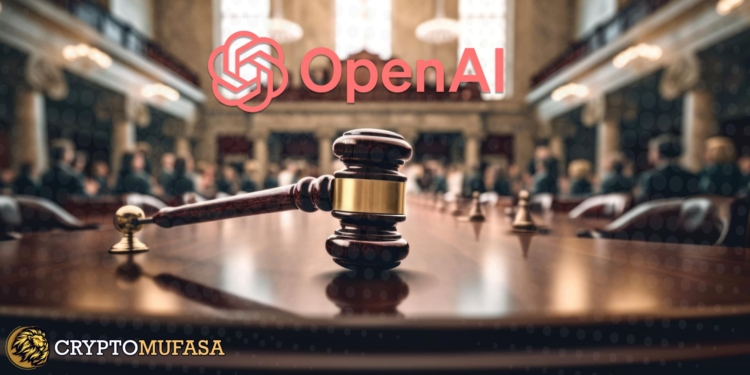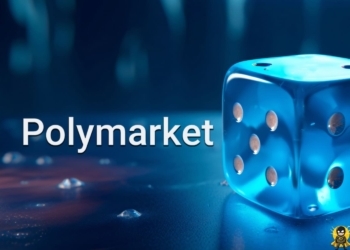A recent court decision offers temporary relief to OpenAI in a copyright dispute over using news articles for AI training. On November 7, U.S. District Judge Colleen McMahon dismissed a copyright infringement lawsuit against OpenAI by news outlets Raw Story and AlterNet, citing insufficient evidence of harm. However, the case may evolve as the plaintiffs hint at a revised filing with additional evidence to address the AI copyright dispute.
Initial Case Dismissed, But Future Challenges Possible
The core of the lawsuit involved claims that OpenAI used copyrighted articles to train its large language model, ChatGPT, without compensating news outlets. Judge McMahon noted that the plaintiffs had not yet provided enough proof of tangible harm stemming from OpenAI’s actions. In her ruling, she pointed out that the issue lies more in using news content for AI training without payment than in directly excluding copyrighted material which is a central point in the AI copyright dispute.
Despite the initial dismissal, Raw Story and AlterNet’s legal teams remain confident, stating they are “certain” they can address the court’s concerns. The case may resurface if an amended complaint successfully details the alleged harm to their business.
Ongoing Concerns About AI’s Use of Copyrighted Material
This lawsuit is part of a broader debate surrounding copyright and artificial intelligence. The New York Times filed its own lawsuit against OpenAI earlier in the year, accusing it of using millions of copyrighted articles without authorization. Other news entities, including Time and the Associated Press, have also raised legal challenges, demanding compensation for AI’s use of their content, highlighting the AI copyright dispute again.
The debate underscores a key question: How can AI developers train their systems without infringing copyrighted content? As AI capabilities expand, content creators and copyright holders have sought solutions to ensure fair use and compensation.
Growing Partnerships with News Organizations
In response to the evolving legal landscape, OpenAI and other tech companies are proactively forming partnerships with news organizations to secure access to licensed content. On November 1, OpenAI introduced ChatGPT’s Search feature, which uses licensed, real-time information from the web to answer user queries more accurately.
OpenAI partners with major global news providers, including the Financial Times, France’s Le Monde, Prisa Media in Spain, and Germany’s Axel Springer. These collaborations signal OpenAI’s approach toward transparent, legally sound content acquisition for AI models and showcase their response to the AI copyright dispute.
Meta Enters the AI-News Partnership Space
OpenAI isn’t the only tech giant pursuing legal pathways to integrate news content. On October 25, Meta (the parent company of Facebook and Instagram) announced its first news licensing deal: a partnership with Reuters. Under this agreement, Meta’s AI chatbot can link directly to Reuters news articles in response to user inquiries, setting a precedent for how other platforms may follow suit.
Industry leaders continue to adapt as copyright issues persist, striking new agreements and expanding partnerships to mitigate legal risks while advancing AI’s potential for informed and real-time responses amidst the ongoing AI copyright dispute.












Discussion about this post